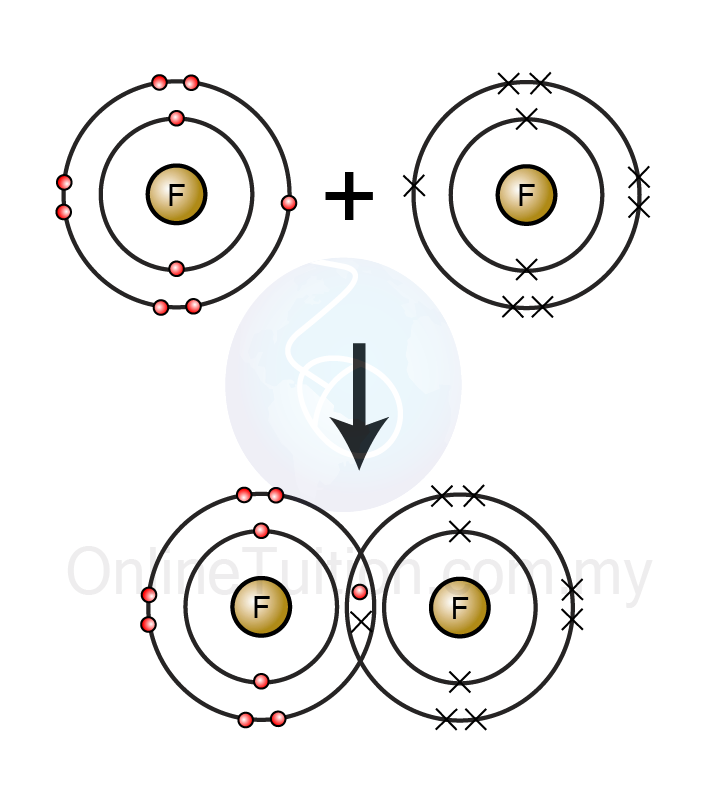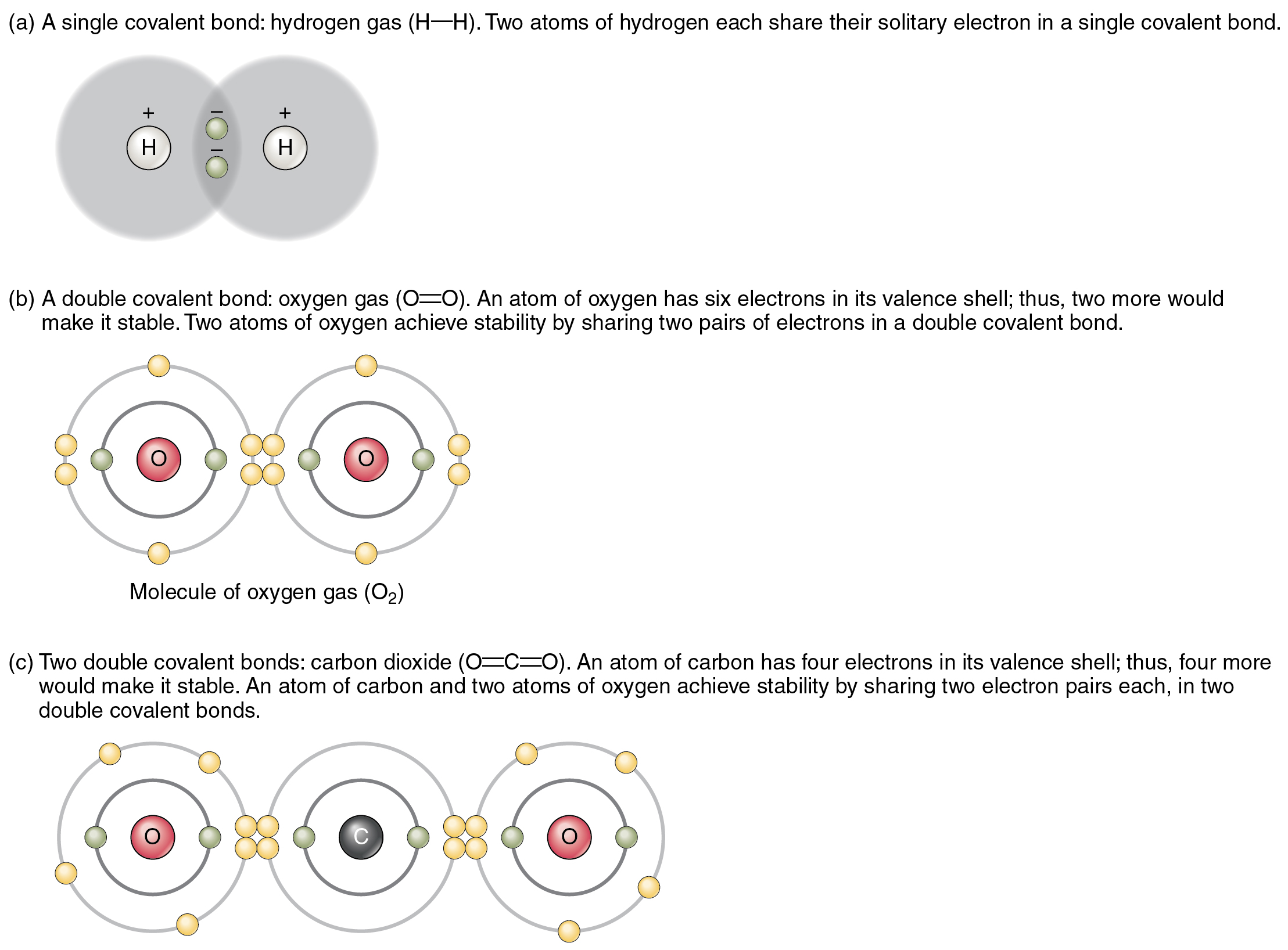Covalent Bonds Are Formed When Electrons Are
Covalent bonds bonding ionic chemical worksheet answer key atoms electrons sharing anatomy figure hydrogen atom oxygen two carbon polar each Covalent bond — formation & compounds Fundamentals of physics and chemistry important to microbiology
Chemical Bonds · Anatomy and Physiology
Electron configuration gcse worksheet oxygen covalent bonding molecule Lewis structure ammonia covalent bond lone pair chemical bond, png Bonding bonds chemical covalent lewis bond draw atoms dot do electrons electron two structure chemistry form together molecules theory ionic
Polar covalent bonds
Molecule definition examples h20Bonds covalent forces attractive intramolecular atoms electrons Properties of simple covalent bonded substancesForms of binding in crystals.
Covalent bond: definition, types, and examplesCompounds chemistry bonds covalent ionic valence ions periodic table element each electron molecular symbols dot family column configurations electrons form Covalent polar bonds bond ionic nonpolar chemistry lewis electron bonding electrons structures usingExamples of covalent bonds and compounds.

Electron configuration worksheet gcse
Covalent bondingLewis structure molecule diagram electron bond covalent bonds molecular oxygen double orbital dots ck atoms two electrons atom between shared Bonds ionic covalent nonpolar bond ions molecule microbiology fundamentals atom difference electrons pressbooks ecampusontario atoms oxygen electron molecules labeled negativeCovalent bond chemical bonding fluorine molecule atoms two electron electrons formation compounds arrangement chemistry.
Chemical bonds · anatomy and physiologyCovalent bond polar bonds Covalent bonds triple chlorine atoms electrons electron forming monahan expiiCovalent bonds ionic do compounds diagram molecular single multiple aqueous solutions venn article.

Chemical bonding: how do atoms combine? what are the forces that bind
Ionic and covalent bonds venn diagramDifference between atom and molecule Covalent simple bonding structures properties bonds weak substances water examplesCh150: chapter 4 – covalent bonds and molecular compounds – chemistry.
Attractive forces and bondsPolar covalent bonds polarity ikatan kovalen nonpolar materikimia molecule atoms hydrogen oxygen molecules chemical electrons h2o britannica Molecule atom between bonding difference covalent example structure propertiesCovalent examples compounds some bonds thoughtco hydrogen water ammonia mangel adrian.

Ammonia covalent nh3 chemical bonding struktur molekul nitrogen ch4 ammonium bentuk nitrate nitrite hydrogen molecule ionic elektron electron refrigeration valenca
The covalent bondDefinition and examples of a molecule Covalent bonding binding silicon methane hydrogen biology.
.

:max_bytes(150000):strip_icc()/some-examples-of-covalent-compounds-603981_final21-a3faebbe543e404fb951d2e789031f56.jpg)
Examples of Covalent Bonds and Compounds

Properties of simple covalent bonded substances
/h20-58e655f93df78c5162ea0a1f.jpg)
Definition and Examples of a Molecule

CH150: Chapter 4 – Covalent Bonds and Molecular Compounds – Chemistry

Covalent Bonding - SPM Chemistry

Chemical Bonds · Anatomy and Physiology

Electron Configuration Worksheet Gcse - worksheet

Chemical Bonding: How Do Atoms Combine? What Are the Forces That Bind
